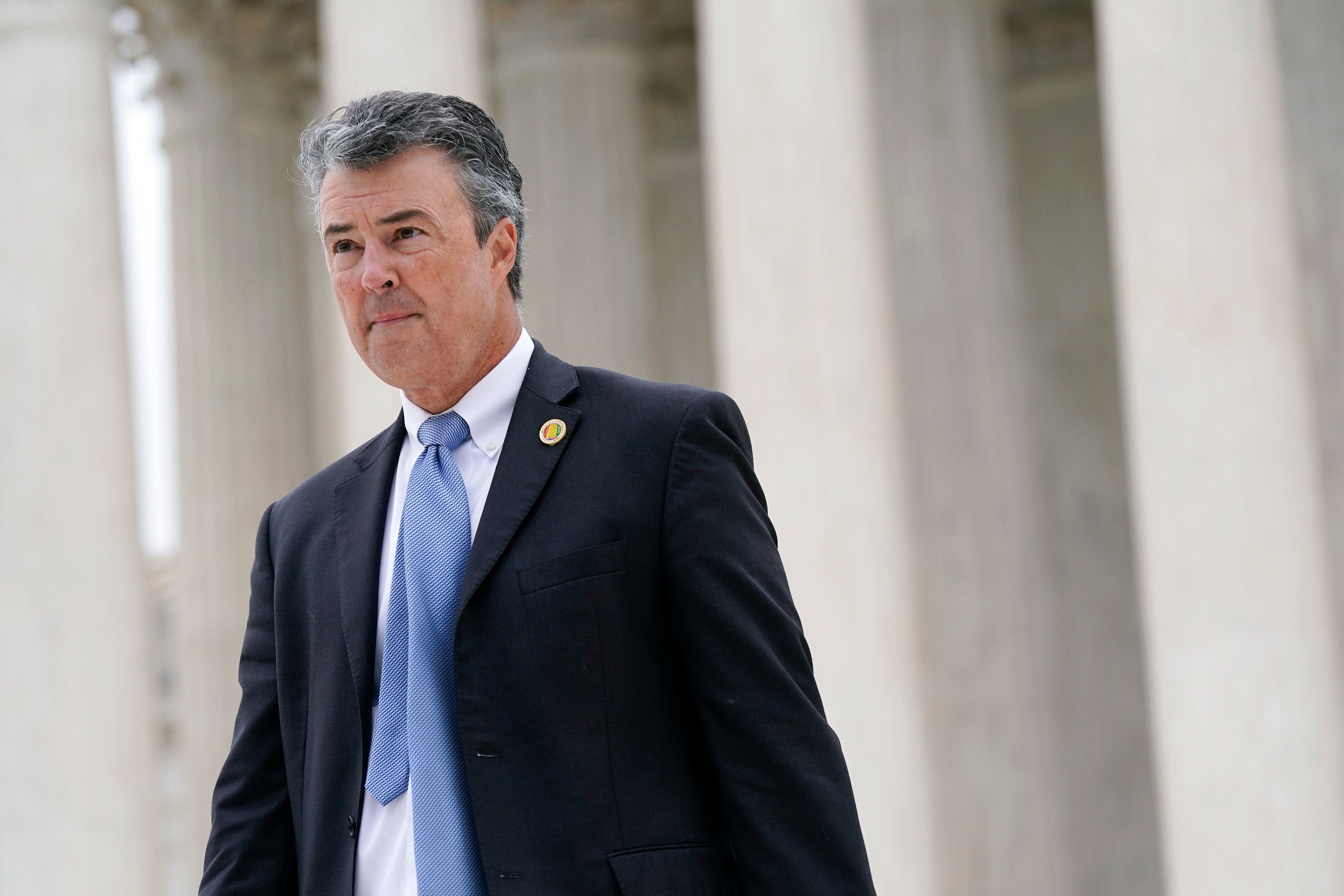Attorney General Steve Marshall is preparing for another showdown with the U.S. Supreme Court after a federal court struck down Alabama's newly drawn congressional district map.
On Tuesday, the district court ruled against Alabama in the case of Allen v. Milligan, saying it could not use the new congressional map developed by the Alabama Legislature during a special session in July for the 2024 election. It also assigned a special master and cartographer to draw a new map.
"While we are disappointed in today's decision, we strongly believe that the Legislature's map complies with the Voting Rights Act and the recent decision of the U.S. Supreme Court. We intend to promptly seek review from the Supreme Court to ensure that the State can use its lawful congressional districts in 2024 and beyond," a spokesperson for Alabama Attorney General Steve Marshall told 1819 News on Tuesday.
Marshall also filed a motion requesting the federal court place Tuesday's order issued on hold so Alabama Secretary of State Wes Allen could use Alabama's 2023 Plan for congressional districts pending appeal of that order. Allen intends to file an application for a stay pending appeal with the Supreme Court on September 7, according to the motion.
A three-judge panel in federal district court in January 2022 found Alabama's congressional map passed in 2021 likely unconstitutional and said a "remedial plan will need to include two districts in which Black voters either comprise a voting-age majority or something quite close to it." The U.S. Supreme Court affirmed the judges' opinion on appeal by the State of Alabama in June.
Under the new map passed by legislators in July, the seventh congressional district would've had a 51% black voting-age population. The second congressional district would've lost Autauga County, Conecuh County and parts of Elmore and Covington Counties while adding Lowndes, Macon and Russell Counties. The black voting-age population in the district would increase from 32% to approximately 40%.
Democrats opposed the new map passed by Republicans and said a 40% black voting-age population in the second congressional district wasn't high enough.
"The map that passed the legislature was insufficient. I would like to see a map that is more aligned with the court's decision to have two majority-minority districts or something close to it… that's going to be key in order for us to have a more fair map and moving us towards the right direction," State Sen. Robert Stewart (D-Selma) told 1819 News on Tuesday. "I'm pleased with the decision that our position was affirmed. I've gone on record supporting the plaintiff's map as well because I think it's important that we adhere to the concept of political cohesion of a demographic so that's why it's important for these maps to be withdrawn to be able to address that aspect."
Adam Kincaid, executive director of the National Republican Redistricting Trust, told 1819 News on Tuesday, "Alabama's 2023 Congressional map adheres to the Supreme Court's Gingles precedents - including Allen."
Thornburg v. Gingles was a U.S. Supreme Court decision that established three types of criteria for proving racial vote dilution by a plaintiff:
The racial or language minority group "sufficiently large and geographically compact to constitute a majority in a single-member district"
The minority group is "politically cohesive" (meaning its members tend to vote similarly); and
The "majority votes sufficiently as a bloc to enable it ... usually to defeat the minority's preferred candidate
"The three-judge panel in Alabama is calling for two potential remedies that both violate existing case law. Those remedies were not before the Court the last time this case went up, but should be front and center this time. Allen has caused significant confusion regarding Section 2 compliance and SCOTUS will soon have an important opportunity to bring needed clarity to how Allen fits into the Gingles framework," Kincaid said.
To connect with the author of this story or to comment, email caleb.taylor@1819News.com.
Don't miss out! Subscribe to our newsletter and get our top stories every weekday morning.










